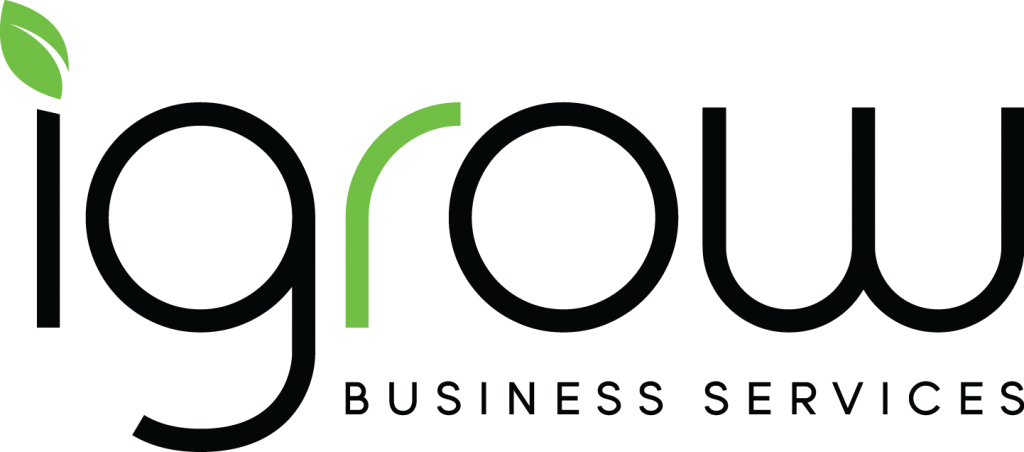Income Tax, Payroll Tax, PAYG Tax, Land Tax and Goods and Services Tax all sticky strands in the web of business, iGrow just wants to make sure you stay on track and don’t land in the middle of the web and can’t get out.
John Howard declared that he would “never, ever” bring in the GST but here we are in 2018 with most small businesses operating under the GST regime that his government brought in on 1st July, 2000. The GST is a broad based tax of 10% on most goods and services and other items sold or consumed in Australia.
There are basic rule requirements for a small business to be registered for GST, number one being if your business has a GST turnover of $75,000 (Gross Income minus GST) then you need to be registered. Most goods and services are required to have a GST component with exemptions for items such as basic food, healthcare, some medicines, some child care, education courses and precious metals to name a few.
The GST portion of your Sales is your little gift to the ATO (the spider in the web). When you make a taxable sale of more than $82.50 (gst incl) your GST registered customers need a tax invoice from you to be able to claim a credit for GST in the purchase price.
Keeping Track
Modern day accounting software (QBO, Xero, Reckon, MYOB) can alleviate the pain of keeping track of the GST on your Sales and GST credits on your Purchases.
Each time you make a sale 1/11th of that Sale is for our friendly spider, however the business is able to claim back GST credits on the purchases it makes solely or partly for the business.
To be able to claim back those credits you also need to ensure that;
- there was GST in the purchase price
- that you are liable or have paid for the purchases
- you have tax invoice from your supplier (for purchases more than $82.50)
At BAS time you will submit your Activity Statement and pay to the tax office the sum of the results of these transactions.
iGrow does not want your business to get caught by ignoring the cash flow issues and that is created by not planning for this GST event.
Read this simple scenario to get a clear picture;
Chloe owns a Garden Centre.
Chloe sells a plant for $50 plus GST i.e. Total Sale $55
Chloe purchased the plant for $10 plus GST i.e. Total Purchase $11
She owes the ATO $4 in this transaction. Chloe banks her $44 profit and spends it on herself and her children. It’s only $4 you say? But these add up!
A simple and effective way of keeping your business on track is to set aside the GST from each transaction (on a weekly/monthly basis). Accounting software can easily pull this information for you.
The team at iGrow can assist you in monitoring your business to ensure you are compliant and up to date.
Don’t let a little thing like GST have you marching towards the spider.

iGrow Business Services is a Registered BAS Agent 25689866
The information/advice provided on this website is general advice only. It has been prepared without taking into account any of your individual objectives, financial situation or needs. Before acting on this advice you should consider the appropriateness of the advice, having regard to your own objectives, financial situation and needs.







